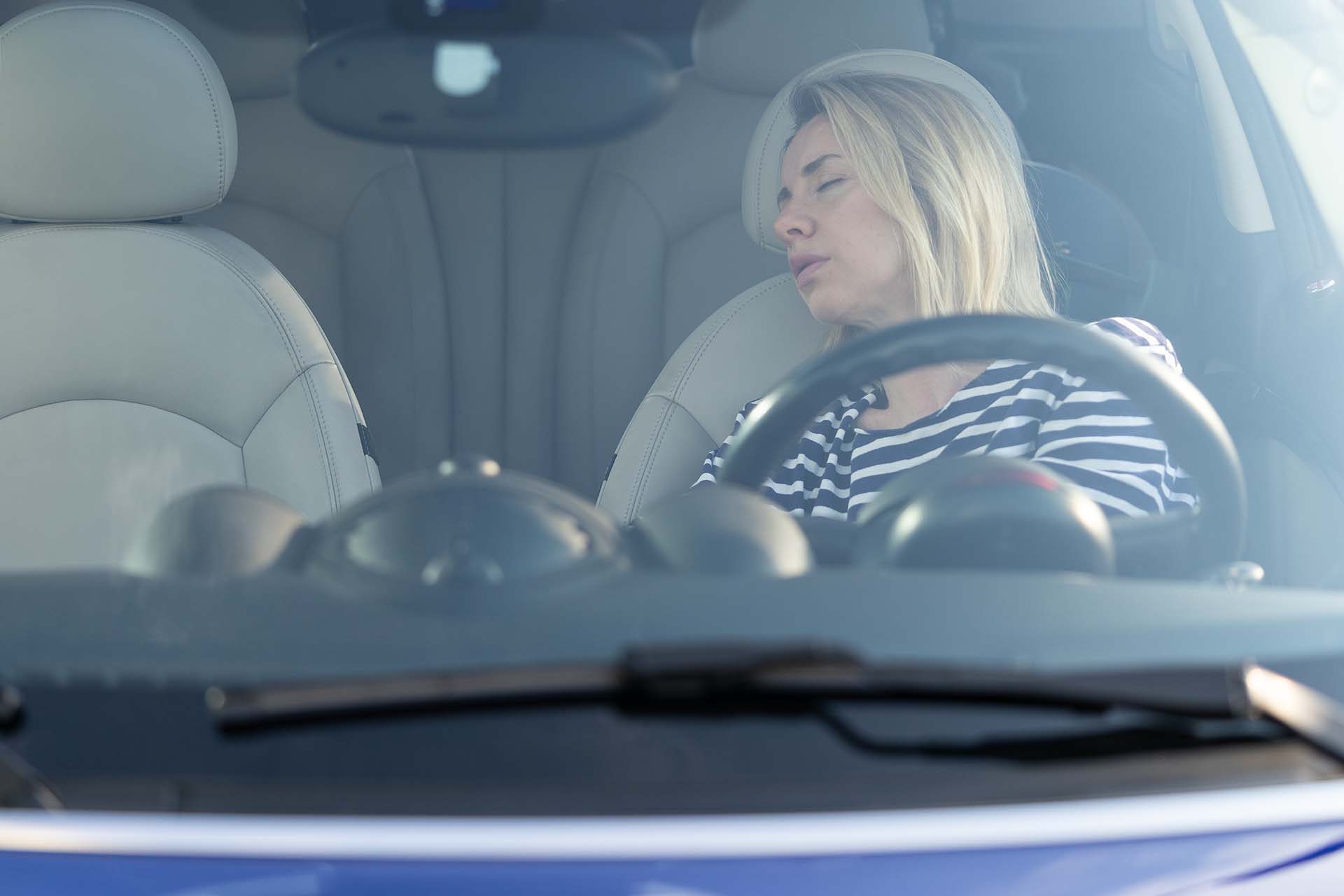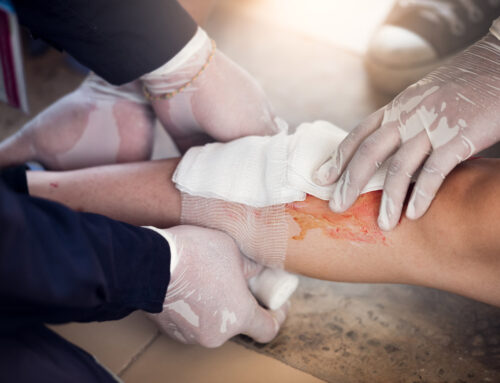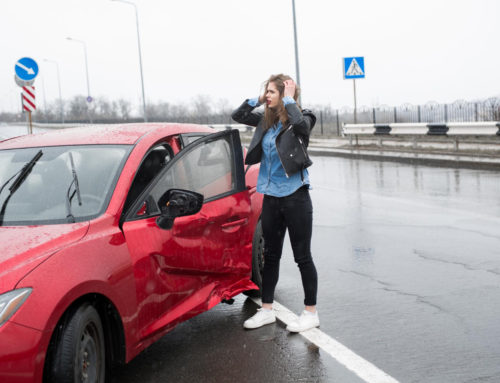We’ve all been there – late night drives home from work, long hauls out of state, or taking an early morning ride after a sleepless night. However, the fact that driving while sleep deprived is so common does not make it a safe practice. To raise awareness, we’ve compiled some important information and safety tips for our readers.
What’s The Big Deal?
Driving while sleep deprived can be just as dangerous as driving while under the influence of drugs or alcohol. Sleep deprivation causes the following symptoms that make safe driving impossible.
- Memory loss
- Blurred vision
- Hallucinations
- Poor concentration
- Nausea
- Episodes of confusion
- Poor reflexes and reaction time
- Difficulty staying awake
Extreme cases of sleep deprivation can cause psychosis, or even death. If the symptoms don’t have you convinced, these statistics from the NHTSA and the National Safety Council certainly will.
- Even without other cars around, drowsy driving is an accident waiting to happen. The majority of accidents caused by sleep deprivation involve a single car driving off the road.
- In 2017 alone there were about 91,000 police reports of sleep deprived drivers causing accidents.
- There were over 50,000 injuries caused by drowsy driving in 2017.
- Driving after having less than 6 hours of sleep makes you three times more likely to get into a car crash.
- Driving after going 20 hours without sleeping is equal to driving with a blood alcohol concentration of .08%.
Safety Tips
Thankfully, The National Sleep Foundation provides plenty of helpful tips for staying alert, and practicing safe driving.
- First and foremost, if you feel tired or fatigued, take a nap before driving, or get a ride from someone else who is properly rested.
- If already on the road and start to feel tired, safely pull over in a parking lot or a rest area to get some shut eye.
- When planning a long road trip, schedule plenty of rest stops, especially if you’re going to be driving at night.
- Keep your body’s fuel tank properly filled and hydrated. A poor diet can cause fatigue.
If you notice any of the following signs while driving, pull over as soon as you can do so safely.
- Heavy eyelids
- Trouble remembering the last few miles
- Drifting into the other lane
- Missing traffic signs
- Tailgating or hitting a rumble strip
- Irritability
- Yawning and rubbing your eyes
- Daydreaming or disconnected thoughts
After an Accident
According to the AAA, 71% of drivers think that they can’t be caught for driving while sleep deprived if they get into an accident. However, the right lawyer can easily prove them wrong. If you’ve been in an accident caused by a sleep deprived driver, here’s what your personal injury attorney can do for you.
- Gather witness testimonials.
- Always gather witness contact information after an accident to give to your lawyer later.
- Request traffic camera footage.
- Get an expert opinion, and ask a professional to take the stand.
- Collect medical records of your injuries.
- Calculate the value of your personal injury so you get a fair settlement.
If the driver at fault was operating a truck, your attorney can also prove that the cause of the accident was sleep deprivation with the help of:
- Black box
- Trip receipts.
- Drivers’ logs.
You shouldn’t be left with medical bills and lost days of work without being compensated for your troubles. Contact us for free legal advice from a Kansas City lawyer near you when you schedule your legal consultation with The Pottenger Law Firm.







